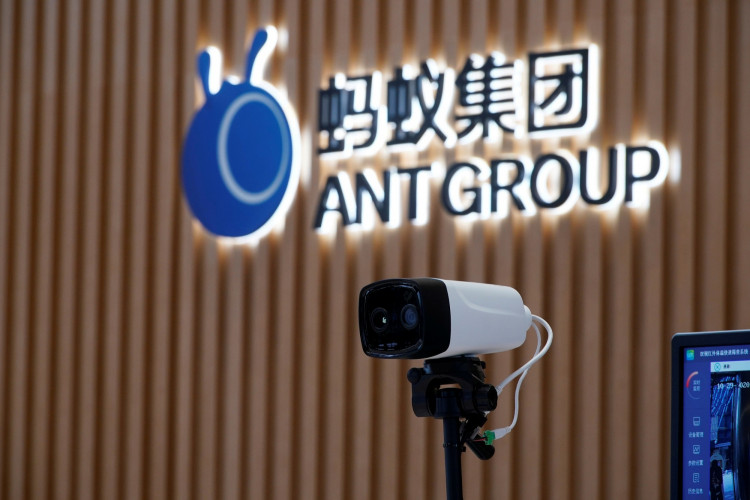China's Ant Group, the financial technology giant founded by Jack Ma, is undergoing a significant organizational reshuffle, the biggest since its regulatory revamp last year. According to an internal email from Ant CEO and chairman Eric Jing, Han Xinyi will become the new president of the company, and several key business units will set up their own boards of directors to operate more independently.
The organizational changes come after Ant Group was fined $984 million by Chinese authorities in July 2022, marking the end of a years-long regulatory overhaul of the group. The penalty, one of the largest fines for an internet company in China, followed the abrupt suspension of Ant's planned IPO in 2020, which had valued the company at more than $300 billion.
Under the new structure, Han Xinyi will be responsible for Ant's digital payments, digital connectivity, and digital finance businesses, reporting directly to CEO Eric Jing. Meanwhile, three divisions - Ant International, OceanBase, and Ant Digital Technologies - will establish their own boards of directors, allowing them to operate as independently managed business units.
The move towards decentralization is seen as a step towards greater autonomy for these key business units, which are expected to play a significant role in Ant's future growth. According to a person familiar with the matter, the three units will remain part of Ant from a shareholding perspective, despite the establishment of independent boards.
In addition to the organizational changes, the memo also announced several leadership appointments. Eric Jing will take on the position of chairman at Ant International, while Yang Peng will become its CEO. Ni Xingjun has been named chairman of OceanBase and Ant Digital Technologies, with Yang Bing appointed as CEO of OceanBase and Zhao Wenbiao as CEO of Ant Digital Technologies. Geoff Jiang, the current president of Ant Digital, will step down from his role.
The reshuffle comes after billionaire Jack Ma gave up control of Ant last year, following the company's regulatory troubles. In July 2022, Ant also proposed to buy back as much as 7.6% of its shares at a valuation of about $79 billion, giving investors a chance to reduce their exposure to the company. Fidelity and T. Rowe Price Group Inc. agreed to sell some shares, while Alibaba, Ant's parent company, will maintain its one-third stake.
As part of the overhaul, the three newly independent units will introduce employee stock option programs more compatible with their startup status, with the award process set to begin in 2024. This move is expected to help attract and retain talent as these business units continue to grow and expand.
Ant's international business has been a key focus for the company as it seeks growth opportunities outside of China. By leveraging the payments network built for Alipay, Ant has developed a backbone for cross-border payments known as Alipay+, which can be used by various e-wallets across Asia. As of March, Alipay+ had linked 1.5 billion consumer accounts on more than 25 e-wallets and banking apps for cross-border payments when users travel.
Another growing revenue stream for Ant is the Alipay+ D-store, which enables businesses to build digital stores across multiple platforms, including Chope, AlipayHK, and Touch'n Go. The company plans to generate income by servicing brands like Burger King that want to establish an online presence in various apps.
Reuters and Bloomberg also contributed to this report.






